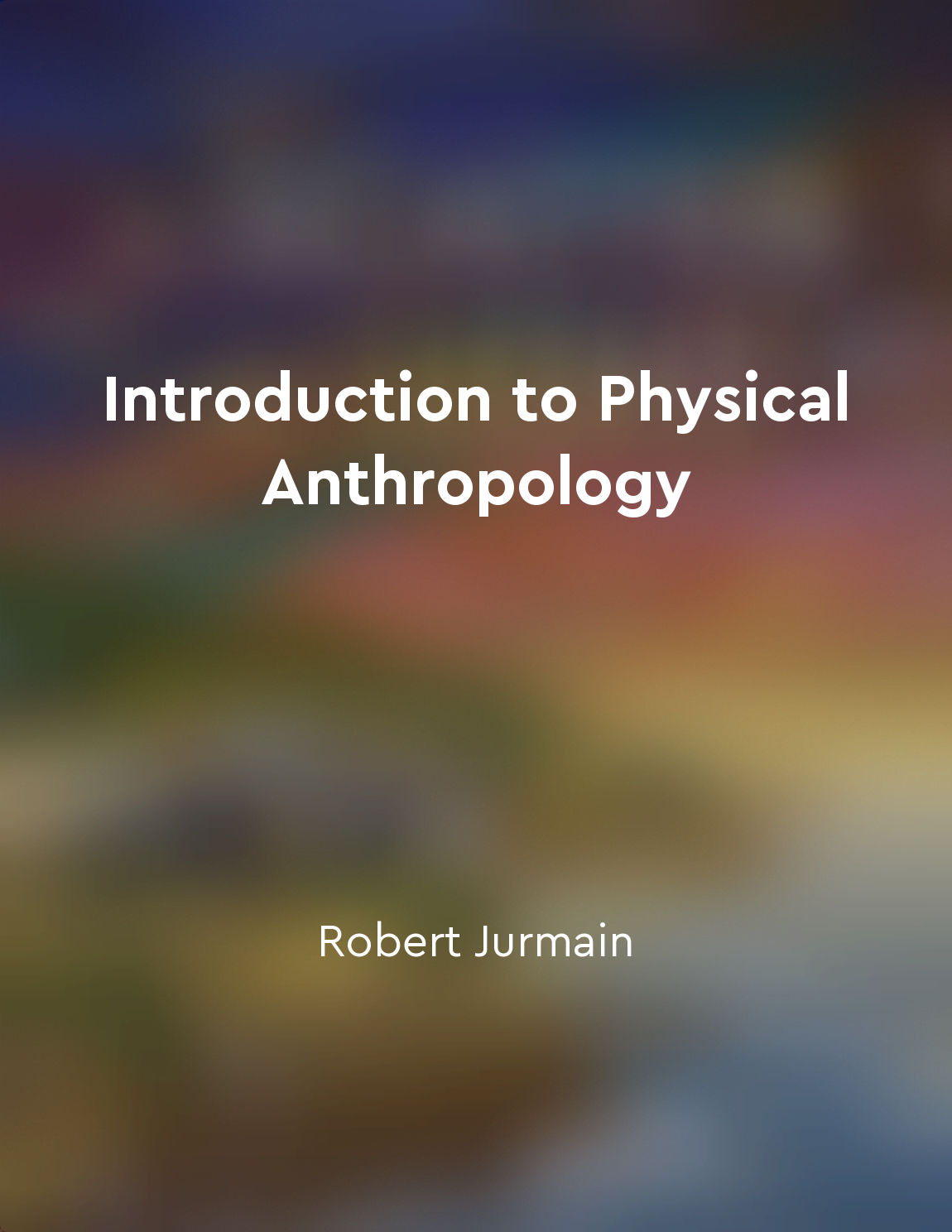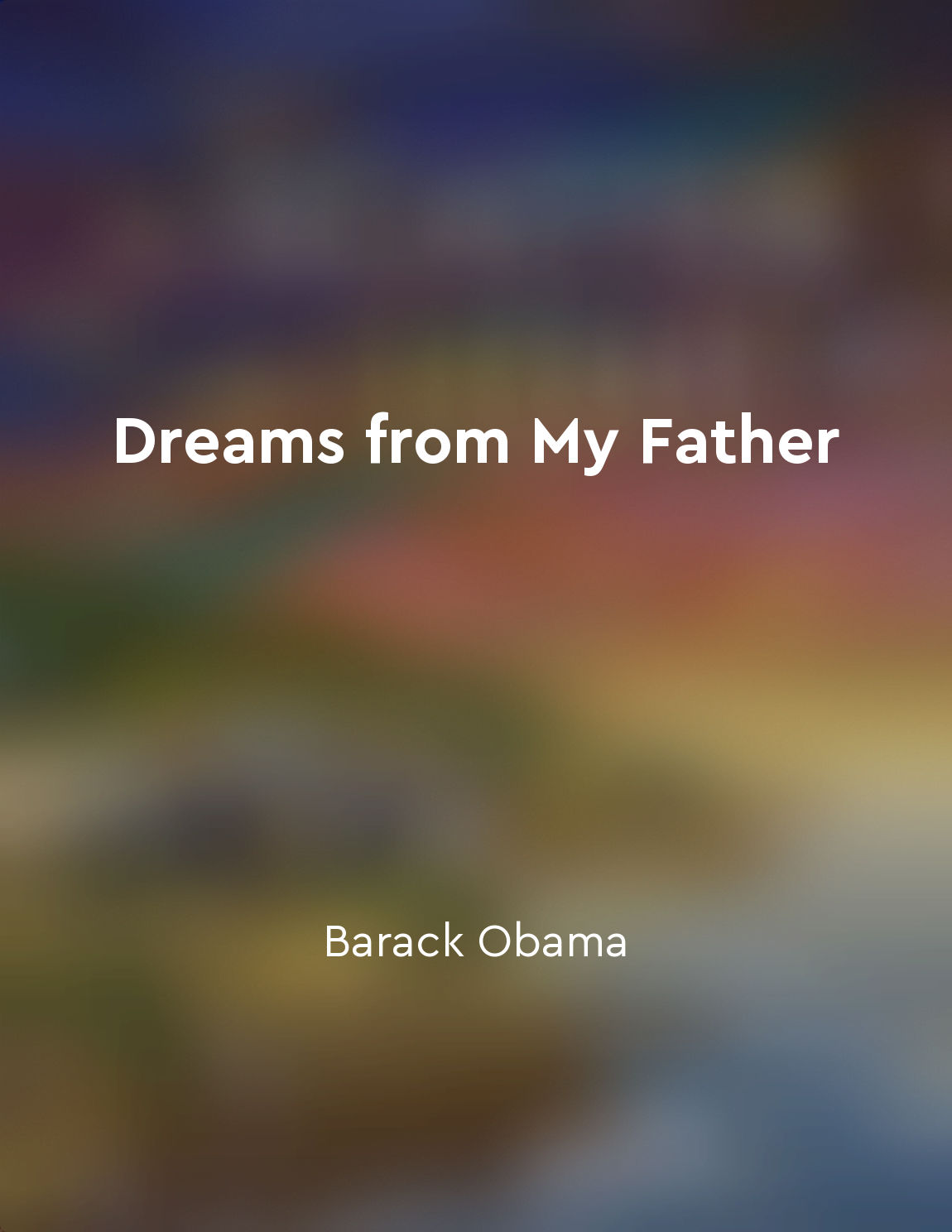Cultural practices reflect beliefs from "summary" of How the World Thinks by Julian Baggini
Cultural practices are not arbitrary customs that exist in isolation. They are deeply rooted in the beliefs and values of a society. When we observe the way people in a particular culture behave, we are actually seeing a manifestation of their underlying beliefs. This is because cultural practices are not random; they are purposeful expressions of what a group of people hold to be true. Take, for example, the Japanese tea ceremony. To an outsider, this elaborate ritual may seem like a simple way to prepare and enjoy a cup of tea. But to the Japanese, it is much more than that. The precision and attention to detail in the tea ceremony reflect core values of harmony, respect, purity, and tranquility. These values are central to Japanese culture, and they are embodied in the way the tea ceremony is performed. Similarly, the Hindu practice of yoga is not just a form of physical exercise; it is a spiritual discipline that is deeply connected to Hindu beliefs about the nature of the self and the universe. The poses and breathing exercises in yoga are designed to align the body, mind, and spirit, reflecting the Hindu idea of achieving union with the divine. In many African cultures, music and dance are not just forms of entertainment; they are integral parts of religious and social ceremonies. The rhythmic movements and communal singing are expressions of a belief in the interconnectedness of all beings and the importance of collective harmony. Even seemingly mundane practices, such as the way people greet each other or the types of food they eat, can reveal underlying beliefs about hierarchy, hospitality, or the relationship between humans and nature. These beliefs shape the cultural practices that define a society.- Cultural practices are like visible markers of invisible beliefs. They provide a window into the soul of a culture, showing us what its members hold dear and how they make sense of the world. By understanding the connection between cultural practices and beliefs, we can gain deeper insights into the diversity and complexity of human societies.
Similar Posts
Emotional intelligence is essential for personal growth
Emotional intelligence plays a crucial role in our personal growth journey. It allows us to understand and manage our own emoti...
Cultural diplomacy through art
Cultural diplomacy through art is a powerful tool used by nations to foster understanding, build relationships, and promote the...
Acknowledging biases is the first step towards change
When we talk about biases, what we're really talking about is the way our minds automatically categorize and make assumptions a...

Human biology is shaped by both genetic and environmental factors
Human biology is a complex interplay between genetic and environmental influences. Our genetic makeup, inherited from our paren...

Cultural identity influences worldview
The way we view the world is shaped by who we are, by the cultures in which we are raised, by the stories we are told. Our cult...

The immigrant experience shaped individuals in unique ways
The immigrant experience is a transformative journey that leaves a lasting impact on those who undertake it. It is a voyage fil...

The importance of preserving Hindu heritage and traditions
Preserving Hindu heritage and traditions is crucial to maintaining the rich tapestry of history and culture that has shaped the...

